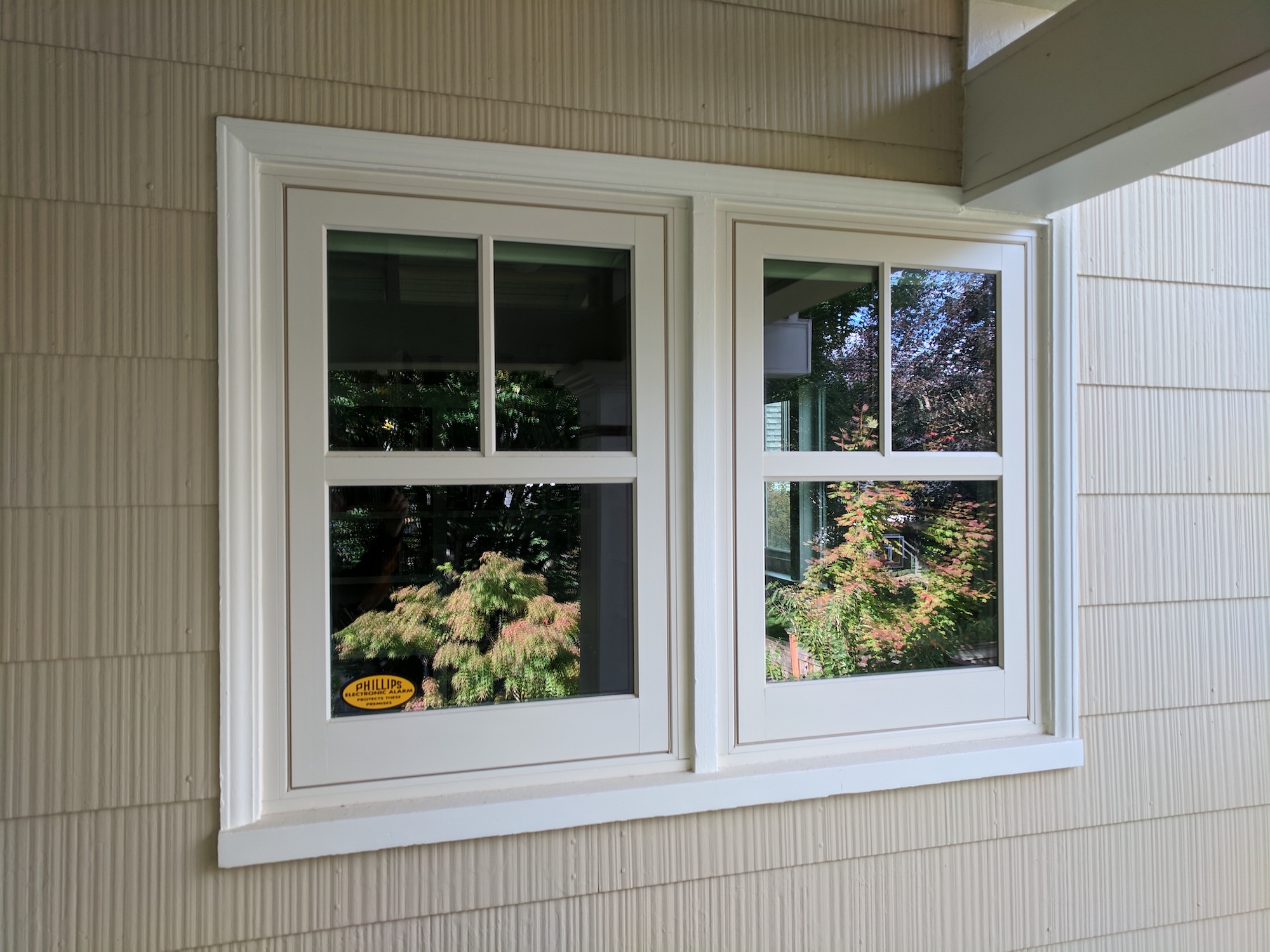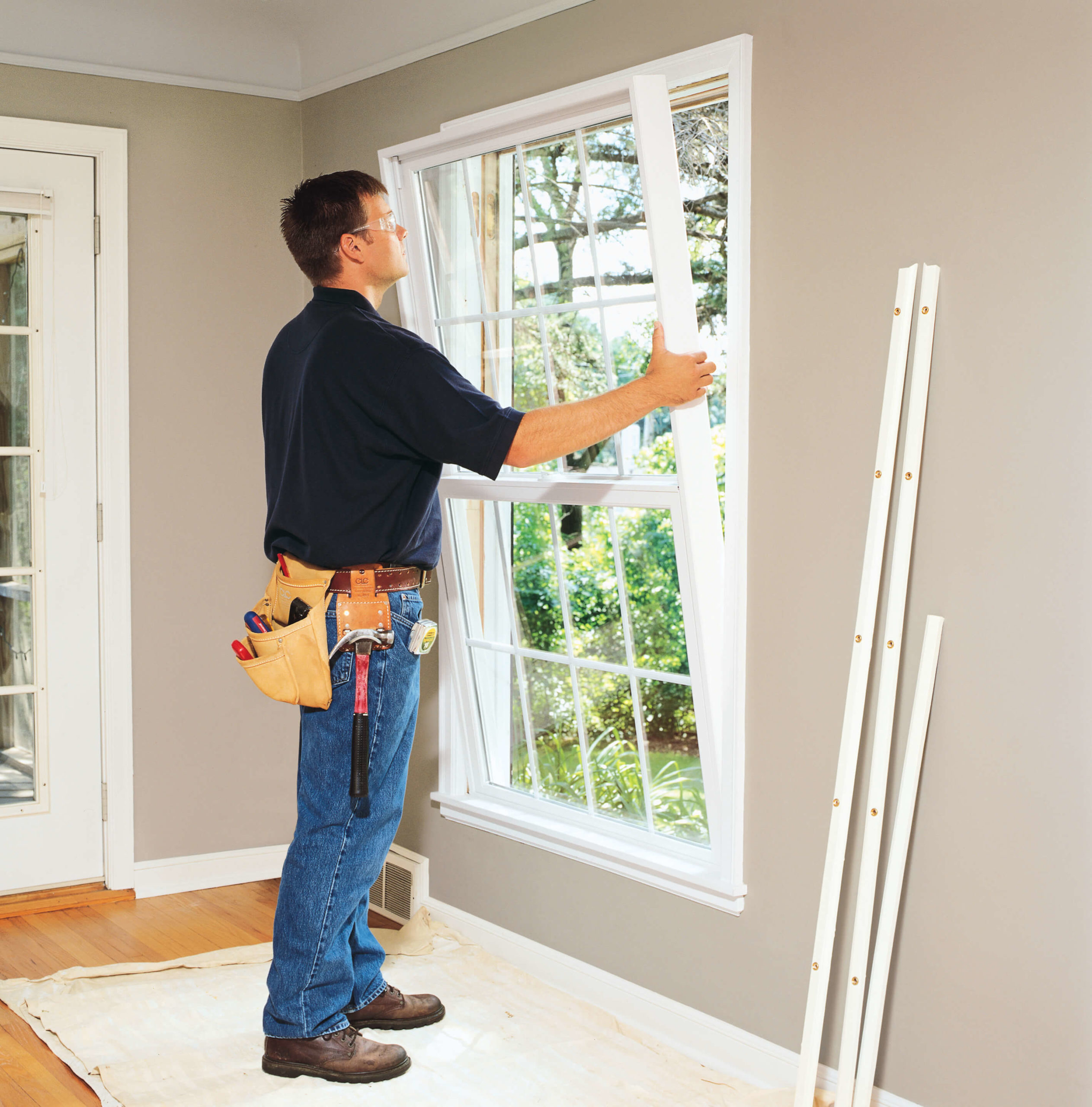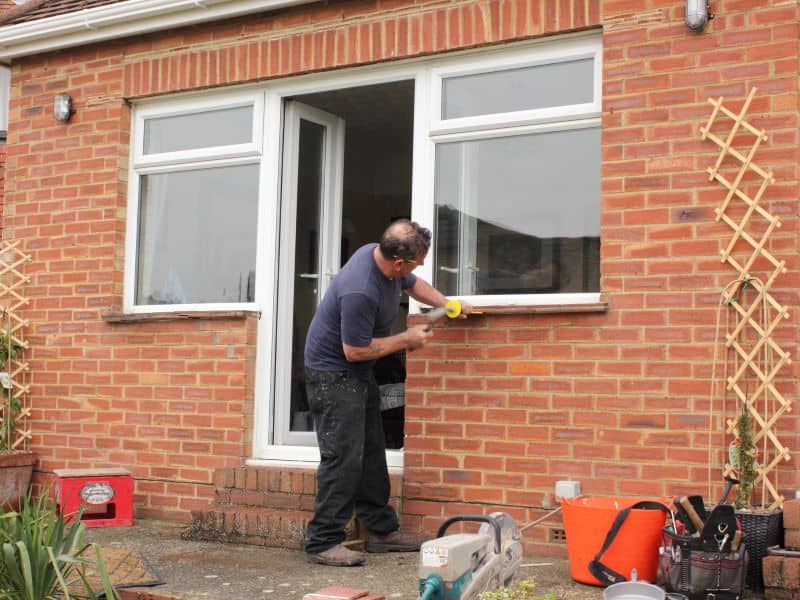Upgrade Your Home With Energy-Efficient Window Substitutes
In the realm of home enhancement, the choice to upgrade to energy-efficient home window substitutes can dramatically affect both the performance and looks of a residence. Beyond the surface area level of plain aesthetics, energy-efficient windows provide a wide variety of benefits that go past simple curb allure.
Benefits of Energy-Efficient Windows

The installment of energy-efficient home windows provides significant financial savings on utility bills while boosting environmental sustainability. In addition, energy-efficient home windows can aid control wetness levels within the home, lowering the danger of mold and mold growth.
Beyond the monetary advantages, energy-efficient windows add to environmental sustainability by decreasing carbon exhausts associated with energy manufacturing. Overall, investing in energy-efficient home windows not only enhances the comfort and efficiency of a home but likewise aligns with environmentally aware practices.
Types of Energy-Efficient Glass
Different advanced kinds of energy-efficient glass offer one-of-a-kind properties that accommodate different requirements and preferences in enhancing the sustainability and efficiency of buildings. Low-emissivity (Low-E) glass is a prominent alternative developed to lessen the amount of ultraviolet and infrared light that can go through the glass, consequently minimizing heat transfer. This sort of glass assists maintain a constant interior temperature, lowering the need for heating or cooling down systems, and ultimately decreasing power costs. One more ingenious option is spectrally careful glass, which allows noticeable light to go through while blocking particular kinds of infrared radiation. This assists in maintaining a comfortable interior atmosphere while lessening heat gain. Triple-pane glass, consisting of 3 layers of glass with shielding gas in between them, provides enhanced thermal insulation, making it very energy-efficient. In addition, self-cleaning glass with a special finish that breaks down and loosens dust when subjected to sunlight can reduce maintenance requirements and maintain home windows looking tidy. Each sort of energy-efficient glass provides distinctive benefits, enabling property owners to pick the most appropriate alternative based upon their particular needs and objectives.
Variables to Take Into Consideration When Choosing
When pondering energy-efficient home window replacements, it is necessary to thoroughly examine specific elements that straighten with your sustainability objectives and preferred power savings. The U-factor steps how well the home window protects, with reduced numbers indicating better insulation, while the SHGC suggests the home window's ability to block heat from sunlight. By carefully assessing these aspects, you can select energy-efficient home windows that boost comfort, decrease energy prices, and benefit the environment.
Setup and Upkeep Tips

Routine upkeep is vital to protecting the efficiency of your energy-efficient home windows. Inspect the home windows occasionally for any indicators of damage, wear, or sealant damage. Tidy the frames, tracks, and glass frequently using mild soap and water to eliminate dust and crud that can influence performance. Inspect the weather-stripping and seals for any type of gaps or tears and replace them if required to keep the home windows' energy performance.
In enhancement, lube relocating components such as joints and locks to ensure smooth procedure. By following these setup and upkeep ideas, you can boost the power effectiveness of your home and extend the life expectancy of your energy-efficient home windows.
Cost-Benefit Analysis of Upgrading

Energy-efficient windows are created to reduce warm transfer, minimizing the requirement for heating and cooling systems to burn the midnight oil. This can bring about substantial financial savings on power bills, particularly in regions with extreme temperature levels. Additionally, energy-efficient home windows can improve the total value of your home, making it much more eye-catching to possible customers if you make a decision to market in the future.
When calculating the cost-benefit evaluation, consider the potential savings on power bills, any available incentives or refunds, and the lifespan of the windows. While the preliminary expense might be higher, the lasting financial savings and advantages of energy-efficient windows make them a clever investment for home owners looking to improve their residential or commercial property's power performance and worth.

Verdict
Finally, updating to energy-efficient window replacements uses many advantages such as reduced energy consumption, raised convenience, and expense financial savings. By selecting the ideal sort of energy-efficient glass and taking into consideration aspects like framework double glazed windows online product and setup, property owners can make best use of the efficiency of their home windows. Normal upkeep and proper setup are crucial for long-term efficiency. In general, the cost-benefit analysis of upgrading to energy-efficient home windows reveals that the preliminary investment can cause significant financial savings over time.
When contemplating energy-efficient window substitutes, it is essential to thoroughly assess particular elements that straighten with your sustainability goals and preferred energy savings. The U-factor procedures exactly how well the window protects, with reduced numbers suggesting far better insulation, while the SHGC shows the window's capability to block heat from sunlight. By very carefully examining these variables, you can find more information choose energy-efficient home windows that boost convenience, minimize power costs, and benefit the atmosphere.
While energy-efficient windows may have a greater upfront expense compared to conventional home windows, the lasting benefits often exceed the first financial investment.In verdict, updating to energy-efficient window replacements uses numerous benefits such as lowered power usage, boosted comfort, and expense financial savings.